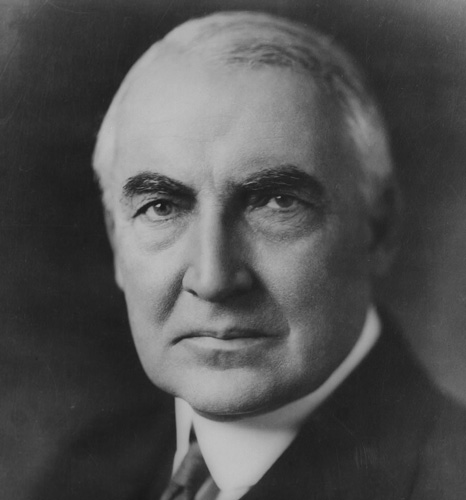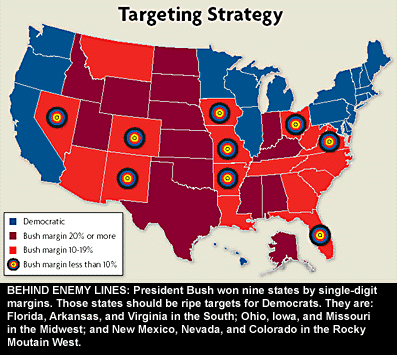The Supreme Court will rule on the constitutionality of Obamacare this year. The arguments and the issue which got the most publicity was the individual mandate. I don’t actually care much about this although it may well violate the Constitution. There are far worse things in the legislation and they should be emphatically rejected by the Supreme Court. The worst of the issues is discussed in detail here. This is a really frightening piece of legislation and I cannot imagine that the Court will let it stand. Of course, given the absence of argument, the Court will have to find this hidden provision itself.
Perhaps nothing in the Obamacare legislation embodies the top-down, command-and-control nature of Progressive healthcare more than the Independent Payment Advisory Board (IPAB), a 15-member panel of “experts” to be appointed by the President. There are three particular features of the IPAB that illustrate this fact: The IPAB will control all healthcare spending, public and private. The IPAB has been awarded near-dictatorial power. And the IPAB is designed to be a nearly immutable entity.
How is this accomplished ?
Specifically, Section 10320 (in the Managers’ Amendments portion of the legislation) grants the IPAB, beginning in 2015, the authority to limit all healthcare expenditures, that is, all healthcare expenditures, and not just expenditures by Medicare or government-run programs.
To emphasize this expanded authority, Section 10320 changes the name of the “Independent Medicare Advisory Board” to the “Independent Payment Advisory Board.” It directs the IPAB, at least every two years, to “submit to Congress and the President recommendations to slow the growth in national health expenditures” for private healthcare programs. Furthermore, it designates that these “recommendations” may be implemented by the Secretary of HHS or other Federal agencies “administratively” (that is, without any action by Congress).
Thus the federal government can control, under penalty of criminal prosecution of doctors, private health care spending ! This goes well beyond Medicare and Medicaid. It will prevent, unless stopped, people from spending their own money on health care.
That is not the worst of it. The IPAB cannot be changed or repealed by Congress. This is unprecedented in US law. Even the ill-advised Prohibition Amendment, promoted as another moral obligation by progressives after World War I, could be repealed by another constitutional amendment.
A quick reading of Section 3403 might leave one with the impression that the IPAB is a sort of Mr. Rogers of healthcare a mild-mannered, friendly, always-helpful, but ultimately undemanding agent for good. This is the impression imparted by the first few paragraphs of the Section, which paint the new entity as an “advisory” board, whose main task is to develop “proposals” and “advisory reports,” which “proposals” and “advisory reports” would solely consist of various “recommendations,” that ought to be “considered” for the purpose of cost reduction.
Nothing could be further from the truth. This language is simply another example of supplying a new law, which is far more radical than the authors would like people to know, with a soothingly misleading introductory paragraph. The IPAB is actually designed to be as all-powerful as it’s possible to be.


